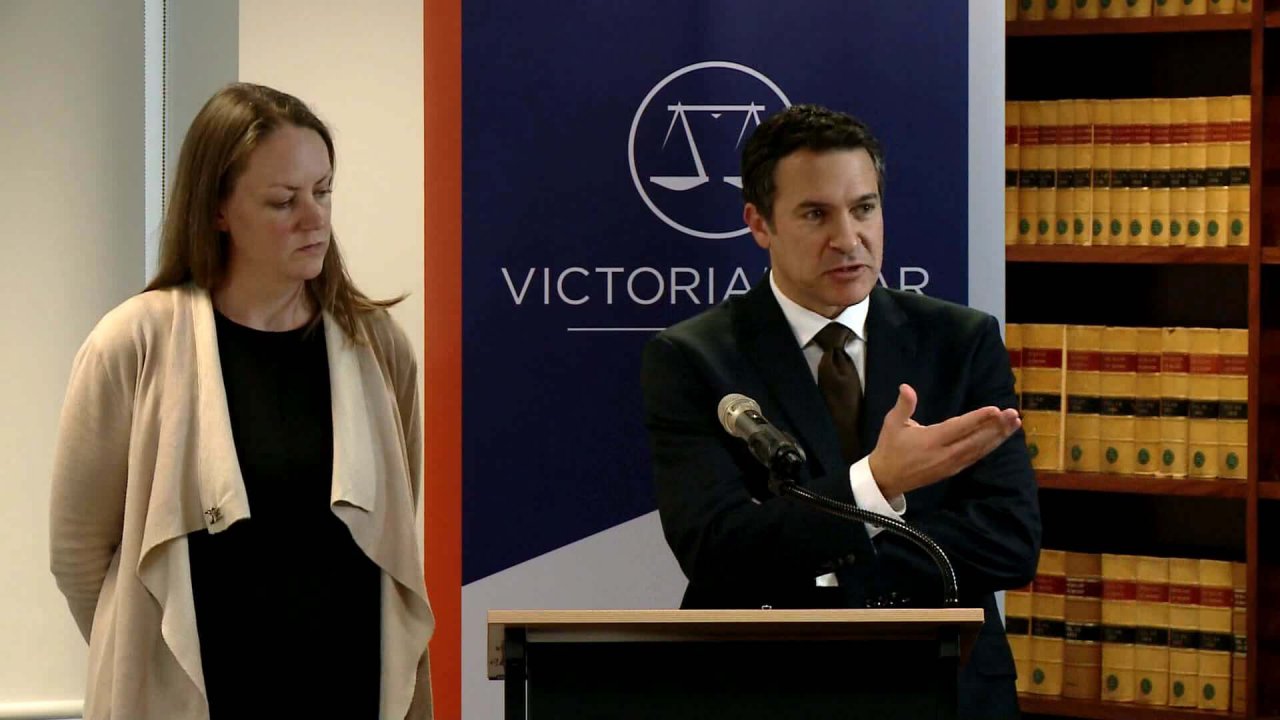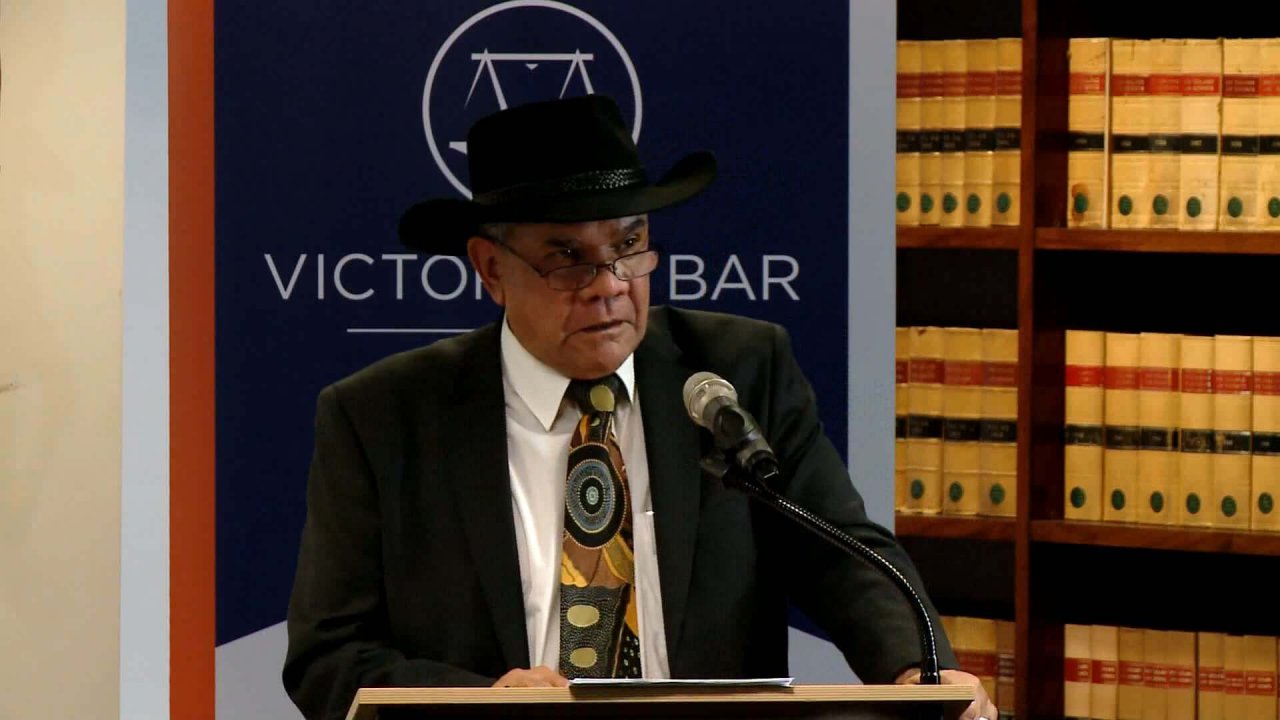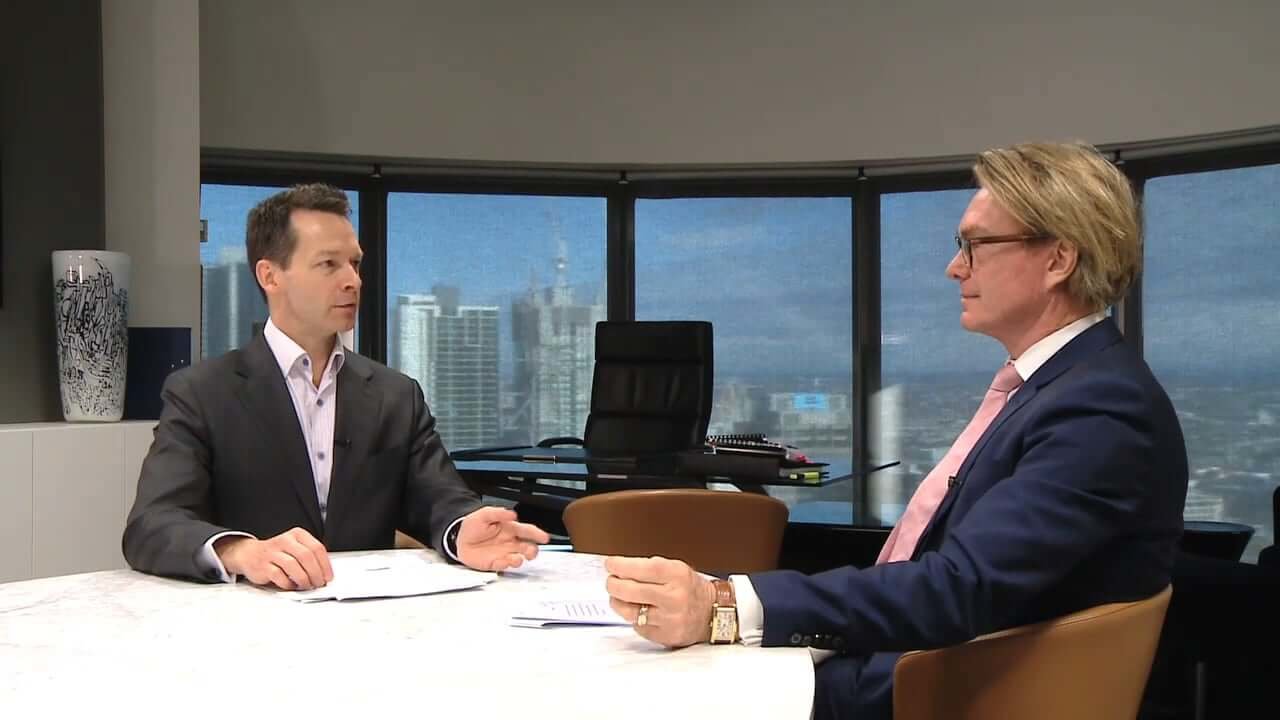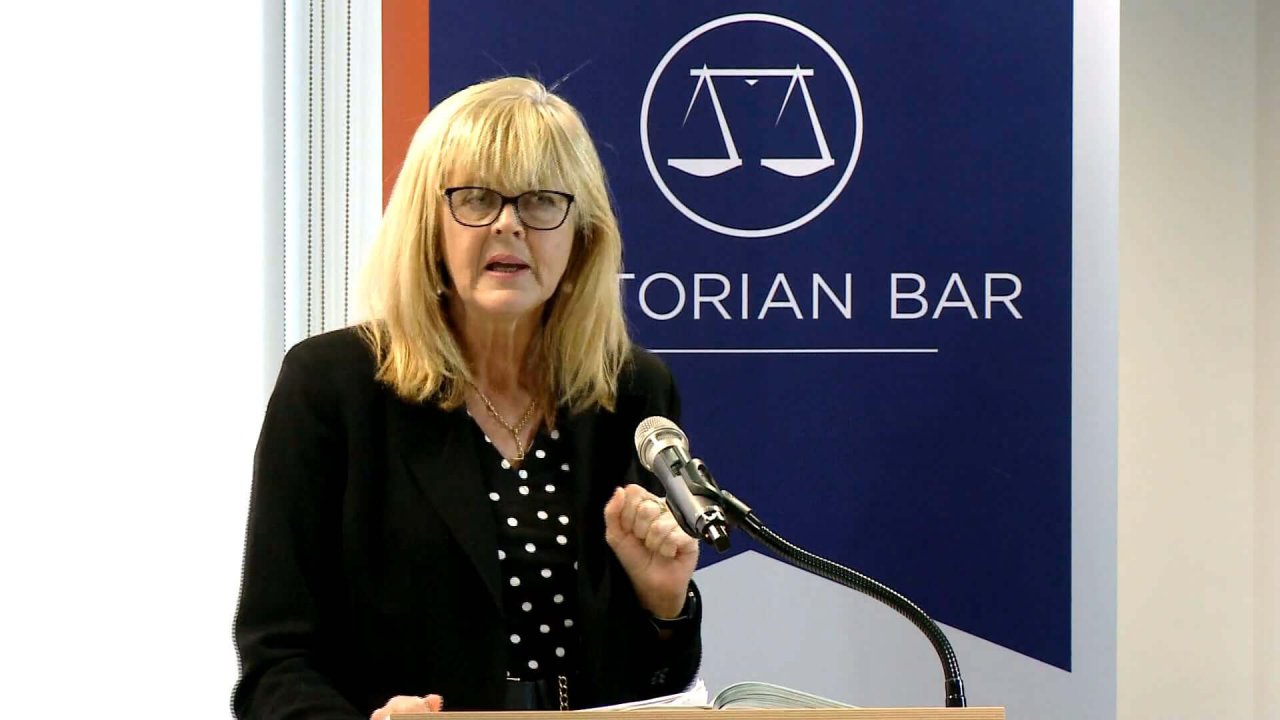Full Description
INTERIM FAMILY LAW PROCEEDINGS
Federal Circuit Court — Practice Direction No. 2 of 2017
Practice direction No. 2 of 2017 of the Federal Circuit Court of Australia, published on 7 December 2017, came into effect as of 1 January 2018. The Practice Direction implements a new “10 page limit” and a new “48-hour time limit” for filing of affidavits in interim Family Law proceedings, whilst also reminding us of a number of important features of the way in which the Federal Circuit Court (FCC) conducts its business:
1. The objects of the Court — being the just, efficient and economical resolution of proceedings;
2. The obligations of parties and their representatives to assist the Court in meeting its objectives;
3. The Court’s power pursuant to s. 51 of the Federal Circuit Court of Australia Act 1999 (“FCC Act”) to make directions to limit the length of documents filed in proceedings, subject to the Rules of Court — in the current case, to introduce a new limit upon the length of affidavit material which may be filed in support of an interim Family Law application such that:
a. each affidavit must not exceed 10 pages in length; and
b. must not contain more than 5 annexures;
4. The Court’s power to determine how it conducts interim hearings, in accordance with its objectives, including:
a. whether or not to conduct an interim hearing on the first return date;
b. whether to deal with all of the Application/s before the Court, or only part;
c. limiting the scope of the enquiry and dealing only with those issues identified by the Judge as relevant to the interim hearing; and
d. enforcing compliance with Rules and Directions in relation to use of affidavit material, including in relation to the filing of further affidavits e.g. in reply to a disputed Response;
5. The consequences of failure to comply with Practice Directions, which in the case of the current Practice Direction No 2. of 2017, includes:
a. loss of hearing priority at the Judge’s discretion;
b. adjournment, with specific costs orders;
c. the Court proceeding to hear a matter on the basis that non-complying affidavits will not be read; or
2
d. requiring a party to select 10 pages out of their non-complying material only, to rely upon; and
6. Discretion of the Court to exclude late-filed documents or require a party to seek leave if they wish to tender those documents at the commencement of an interim hearing.









